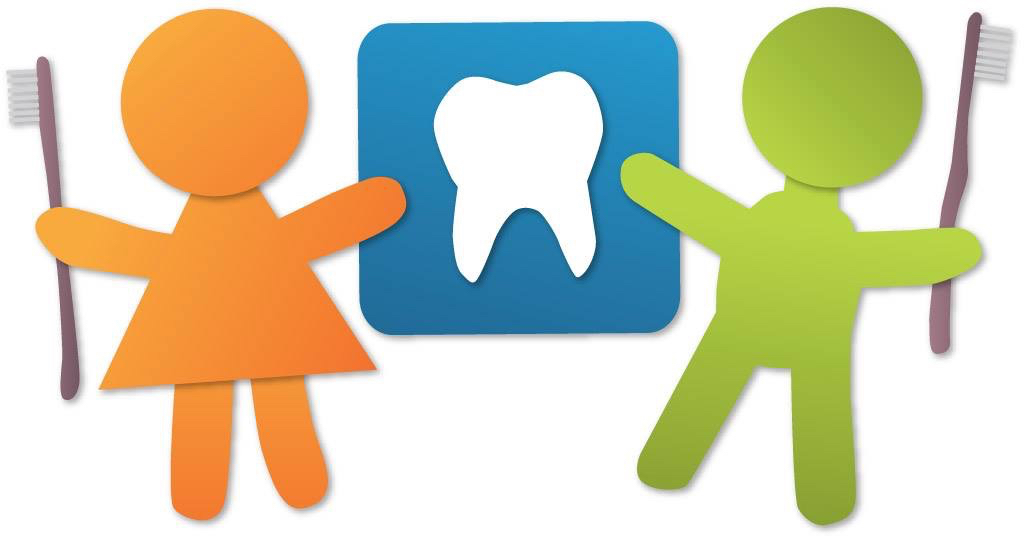What is a good diet for healthy teeth?
Healthy eating habits lead to healthy teeth. Like the rest of the body, the teeth, the bones, and the soft tissues of the mouth need a well-balanced diet. Your child should eat a variety of foods from the five major food groups. Sticky snacks, such as fruit roll-ups, gummy bears, granola bars, and raisins are very harmful to your child's teeth. The more frequently your child snacks, the greater the chance for tooth decay. How long food remains in your child's mouth also plays a role. For example, hard candy stays in your child's mouth for a long time bathing the teeth in sugar, which causes longer acid attacks on your child's tooth.
When your child snacks, choose nutritious foods such as fruits, vegetables, low-fat yogurt, and low-fat cheeses which are healthier and better for children’s teeth. In addition to providing large amounts of much-needed calcium, cheese also does its part to fight cavities. Cheddar, Swiss, Mozzarella, and Monterey Jack all stimulate the body’s salivary glands to clear the mouth of debris and protect your child's teeth from acids that weaken the teeth. This means that cheese disrupts the development of cavities, especially when eaten as a snack or at the end of a meal. Calcium and phosphorous found in cheese decrease the saliva’s pH level and work to re-mineralize the enamel of your child’s teeth.
You can find much more information on maintaining a healthy diet for teeth on the American Dental Association website. There you can find links to additional resources and even short video clips teaching you and your children how to eat healthy for healthy teeth.
Doctor Wang, Doctor Perea-Corkish, Doctor Gerodias and the other Doctors of Discovery Pediatric Dentistry make no warranties, expressed or implied, as to any results to be obtained from use of the information on this page. We cannot diagnose or treat patients over the Internet. Information on this site is for educational purposes only. You should not rely on this information as a substitute for personal, medical, and/or dental attention or diagnosis. Without all available information about a patient, it is impossible to make a diagnosis. Help and answers are in the form of general ideas. Only you, your dentist, and other necessary and qualified health care providers can make an appropriate treatment decision in an emergency or for everyday care and dental treatment.
